27 Foods You Should Have On Your Plate That Truly Embrace The Season Of Fall
Eating in season is good for your health and bank account!
With the change in seasons comes a change in the fresh produce available in stores. Sure, they still have berries in the fall, but they are super expensive and imported from warmer places. Right now, you should be enjoying the flavors of fall! Here is a list of 30 seasonal fruits, vegetables, and herbs you will see for cheap in the markets right now and some of their health benefits!
1. Apples

Everyone knows that fall is apple season. There is apple cider, caramel apples, apple cider donuts, apple dumplings, apple crumb cakes, apple pies... and of course, fresh apples! Did you know there are about 100 different varieties of apples native to Pennsylvania? Apples are high in fiber. They have anti-inflammatory and antioxidant properties that reduce the risk of developing many adverse conditions, including cancer, hypertension, heart disease, and diabetes. Apples are also just super juicy and delicious. I'm a honey crisp gal myself :)
2. Beets
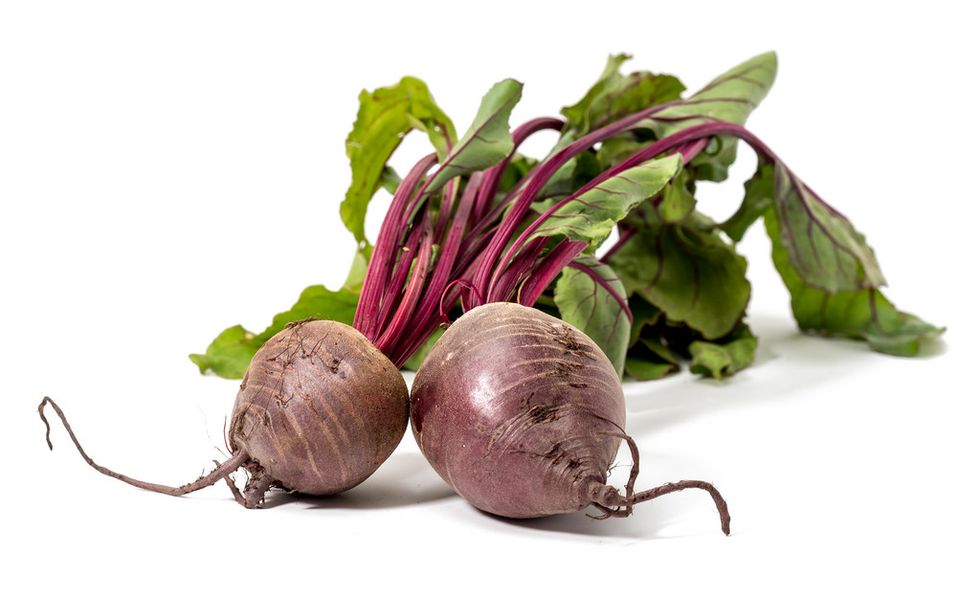
Beets are a root vegetable known for their athletic performance enhancing properties. Beets contain a high nitrogen content, which aids in circulatory function and oxygen delivery to the muscles. They are good for your heart and blood health and are super yummy if cooked just right! I like to cut mine into chunks, toss them in olive oil and sea salt, and then bake them in the oven at 400 degrees for about 30-40 minutes (depending on the size).
3. Broccoli

Broccoli is FULL of vitamins and minerals. It is a good source of folate, which is very important for pregnant women in order to prevent birth defects in the baby. It is also important for children and adolescents for neural development and new cell formation. Broccoli is high in vitamins K and C, too, making it good for building blood and bone proteins as well and boosting your immunity!
4. Brussel Sprouts
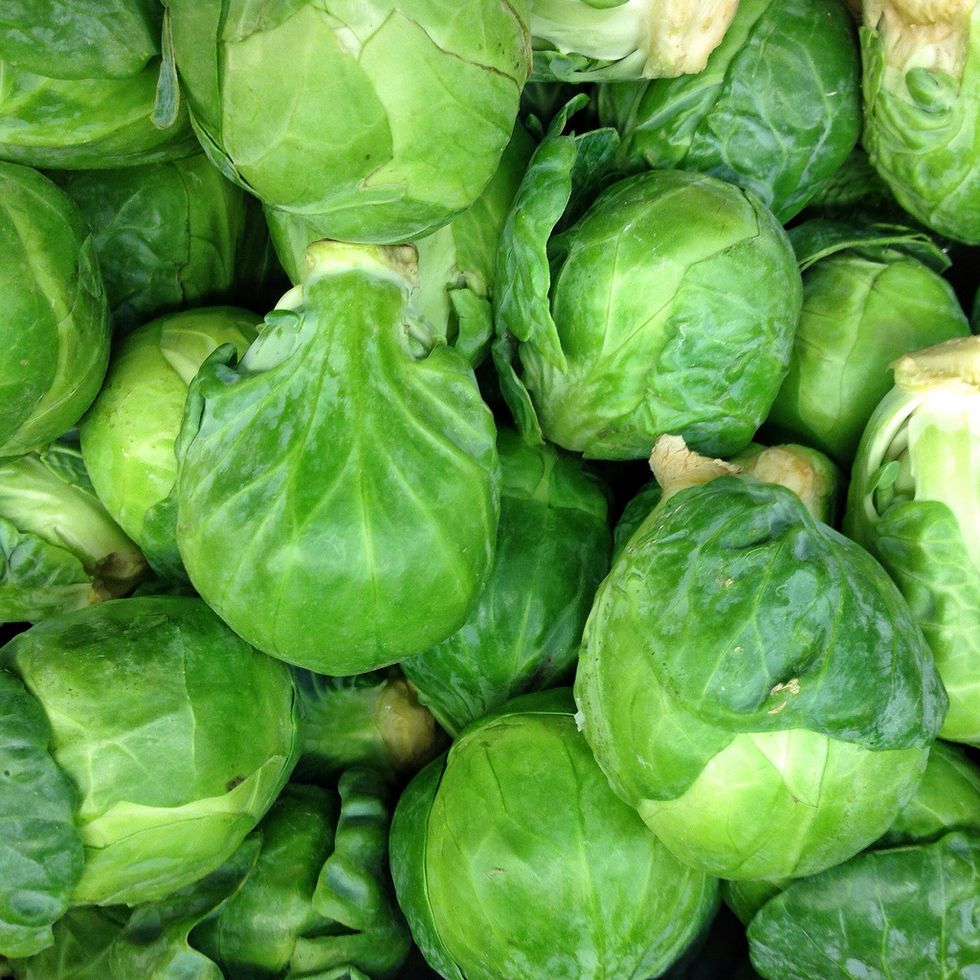
Yes, they smell like farts when you cook them and are known for being "gross," but I promise they can taste so good if you cook them right! They are rich in antioxidants, high in fiber and vitamin K, and great for your brain! Brussel sprouts contain ALA Omega-3 fatty acids, which are extremely hard to get in your diet if you don't take fish oil pills or eat walnuts, fish and other seafood regularly. Omega-3's have been shown to delay cognitive decline, decrease inflammation, and reduce blood triglycerides and insulin resistance!
5. Butternut Squash

Or, as I like to call it, "butthole-nut" squash.
Butternut squash is one of those foods that you can eat on its own or hide in other recipes. It is rich in carotenoids and beta-carotene, as indicated by its yellow-orange color. Carotenoids, as well as the potassium found in butternut squash, are excellent for heart health. Potassium is also important for bone health. Beta-carotene is known for its eye health perks. Butternut squash is also a great source of vitamin B6, which is essential for the proper function of the nervous and immune systems. You can easily throw pureed butternut squash into your pancakes and waffles, mac and cheese, soups, bread, cakes, and even pizza crusts! So why wouldn't you know how many health benefits it has?
6. Cabbage

Warning: cabbage may smell like farts when it cooks, too.
Cabbage is loaded with vitamins, specifically K and C. It is also a great source of folate, which I mentioned earlier as being very important for women. Its high fiber content can help lower cholesterol levels and its potassium content can help lower blood pressure, both overall improving heart health. Cabbage is also known to improve digestion, especially when fermented in the form of sauerkraut. Fermenting any food adds gut-friendly bacteria!
7. Carrots

Has anyone ever told you that carrots are good for your vision? Well, they weren't wrong! Carrots have a high vitamin A (and beta-carotene) content, which promotes eye health and immunity!
8. Cauliflower
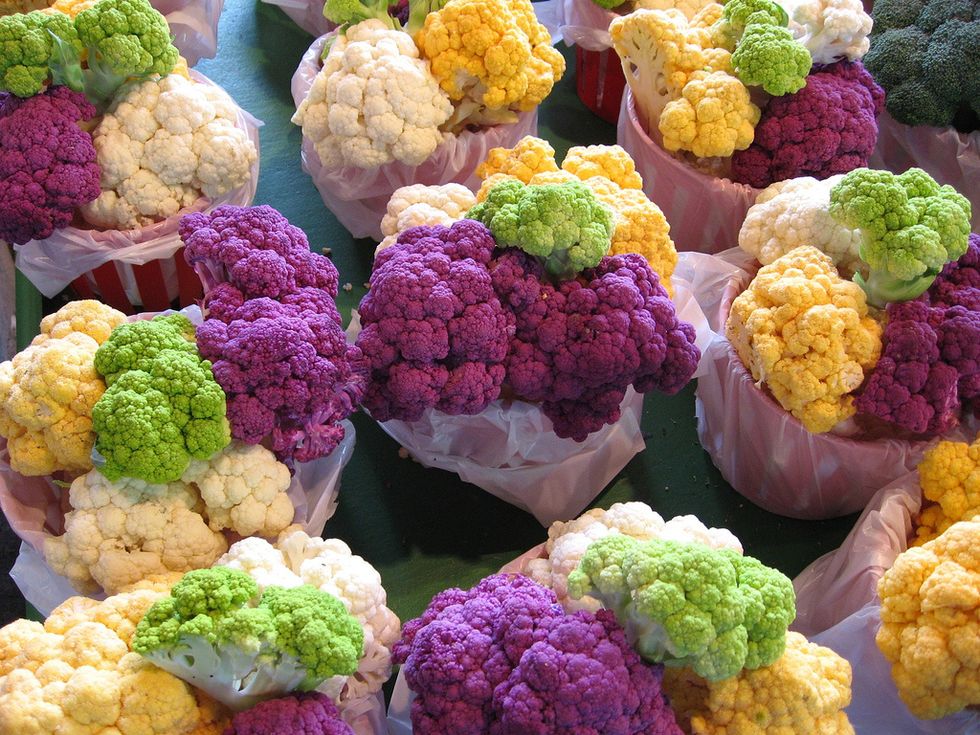
Cauliflower is so versatile. As I'm sure you are all aware of, it is a great substitute for carbohydrates. You can use it to make "rice," pizza crusts, gnocchi, tots, or just eat it on its own. Containing high amounts of vitamin C, which stimulates collagen production, as well as high amounts of vitamin K, cauliflower can help build bone and prevent bone loss at the same time! You can also buy cauliflower in fun colors. Different colored cauliflowers contain different vitamin and mineral contents, but are all still good for your bones and overall health!
9. Celery
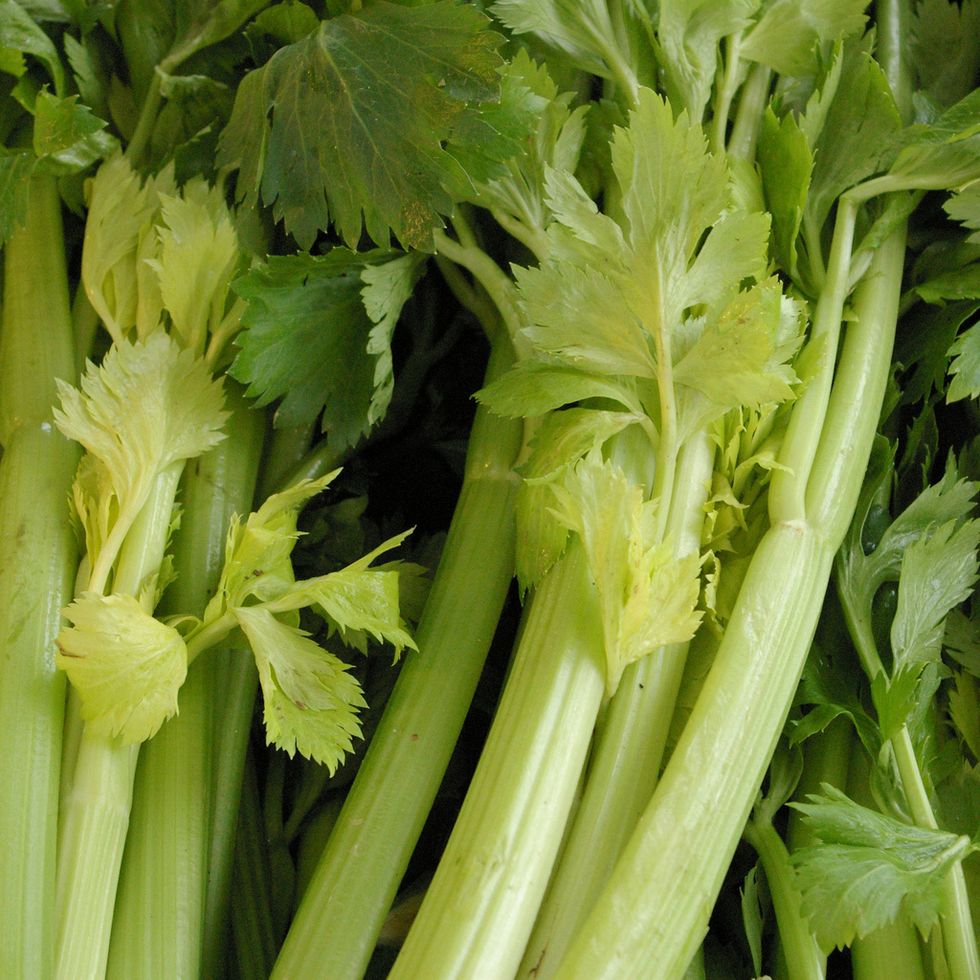
Celery is known as a diet food because of its high water and low calorie status. However, it does have nutritional benefits! Its seeds have been used in medicines that treat gout, arthritis, muscle spasms, inflammation, high blood pressure, water retention, colds, and the flu! Dip it in some hummus or do what I do, smother it in almond butter and top it with raisins!
10. Chard
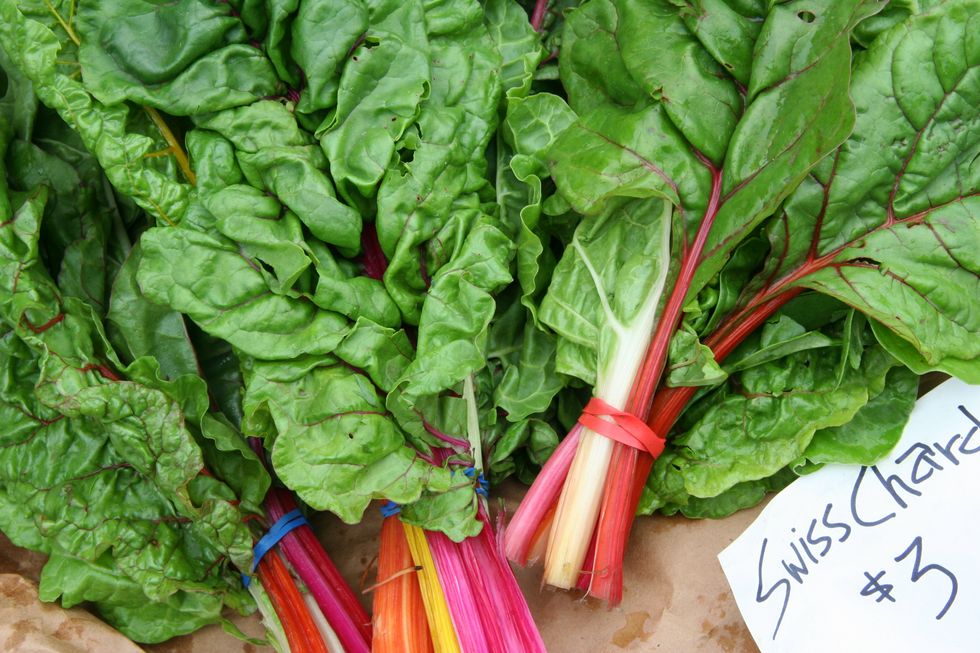
If you ever buy the spring mix salad blend at the grocery store, you have probably eaten chard. It is loaded with vitamins K, A, and C. It is also a great source of magnesium, potassium, iron, and fiber!
11. Collard Greens
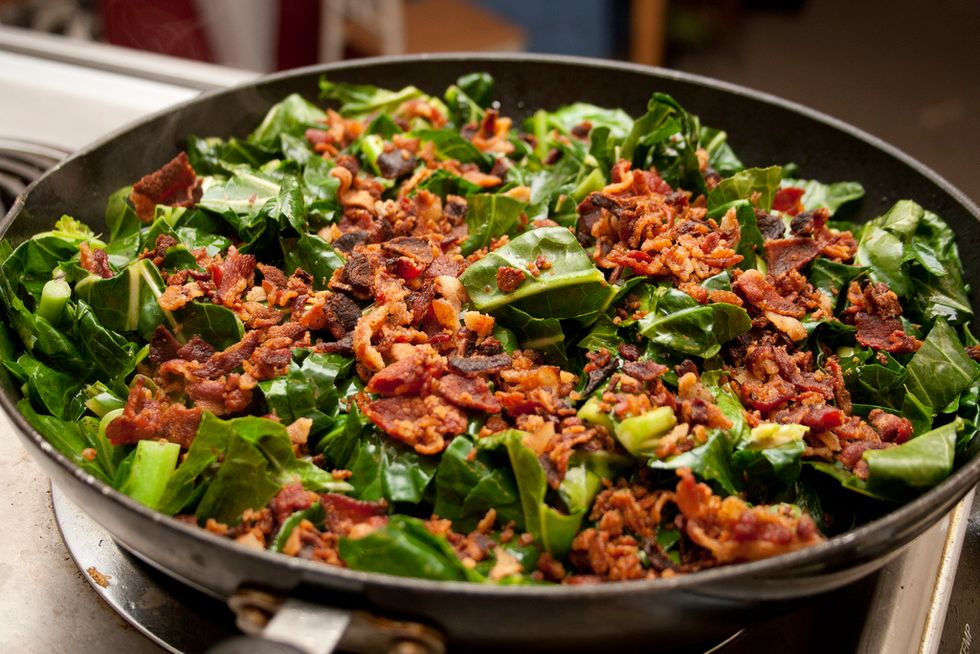
Collard greens are high in vitamins A and C as well as folate and iron. For a vegetable, it is also pretty high in protein, too!
12. Cranberries

Incorporating cranberries into your diet can help prevent urinary tract infections and certain types of cancers. You can drink cranberry juice, or, as I like to do, throw dried cranberries into trail mixes, cookies, and oatmeal! Cranberries have also been shown to reduce blood pressure and boost your immunity!
13. Fennel

If you like licorice, then you will like fennel! Fennel is very healthy, specifically for women. It has been used to reduce menopausal symptoms and help in the maintenance of bone mass. Everyone can use fennel for its many other health benefits, too, including its roll in boosting metabolism by aiding in digestion, which can help with weight loss!
14. Leeks
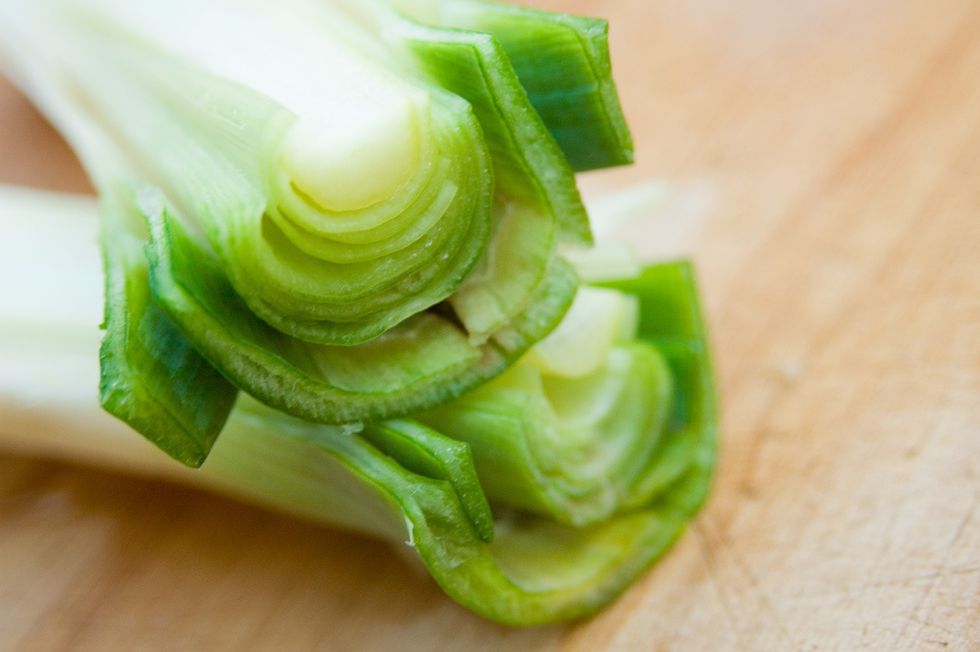
Leeks contain certain a certain flavonoid called kaempferol that works to protect your blood vessels! Kaempherol has antioxidant properties that protect your blood vessel linings against free radicals. It also has anti-inflammatory properties as well. Similar to fennel, leeks aid in digestion and can help support weight loss!
15. Lima Beans

Lima beans, also called butter beans, are an excellent plant protein source and loaded with fiber, which helps to stabilize your blood glucose levels. They also contain tons of vitamins and minerals, being extremely high in molybdenum, copper, manganese, folate, iron, and phosphorus
16. Mushrooms

There are so many varieties of edible mushrooms, all varying in their protein and fiber contents. There are also a lot of poisonous mushrooms out there, but we are going to focus on the non-toxic ones. Mushrooms make a great meat substitute in vegetarian and vegan recipes with their meaty texture. They are also one of the very few non-animal sources of vitamin D. Mushrooms are also high in B vitamins and contain a high selenium content, which helps prevent cell damage and supports immunity!
17. Parsley
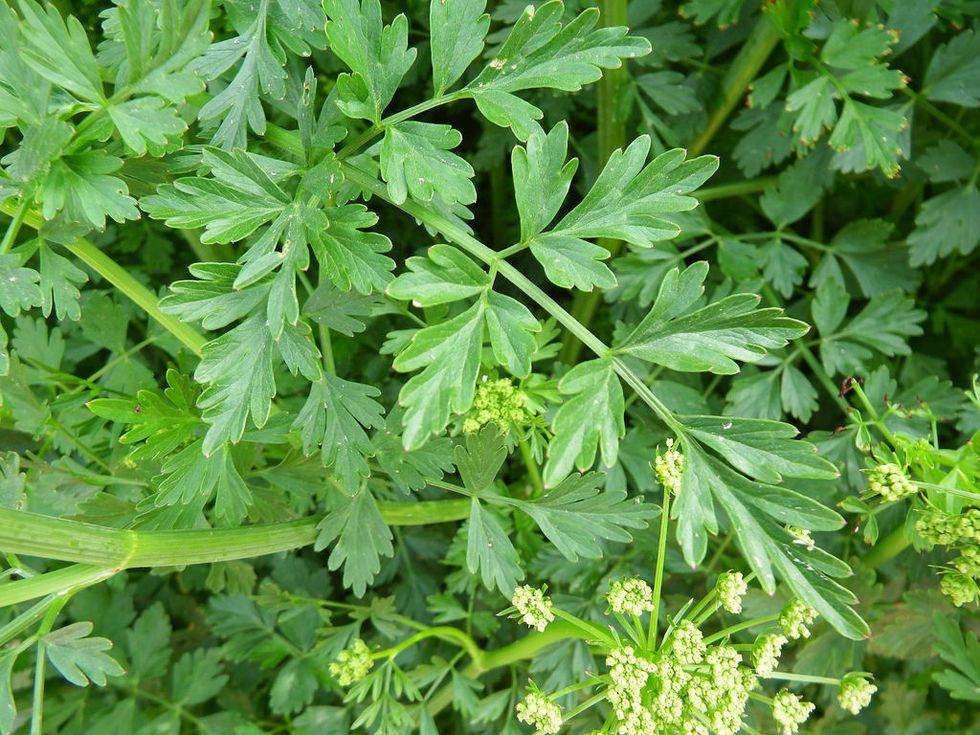
Parsley is an herb rich in antioxidants. It is often found in herbal teas for its anti-inflammatory properties, helping with arthritis and bloating. Its mild diuretic affects aid in weight loss and maintenance.
18. Parsnips
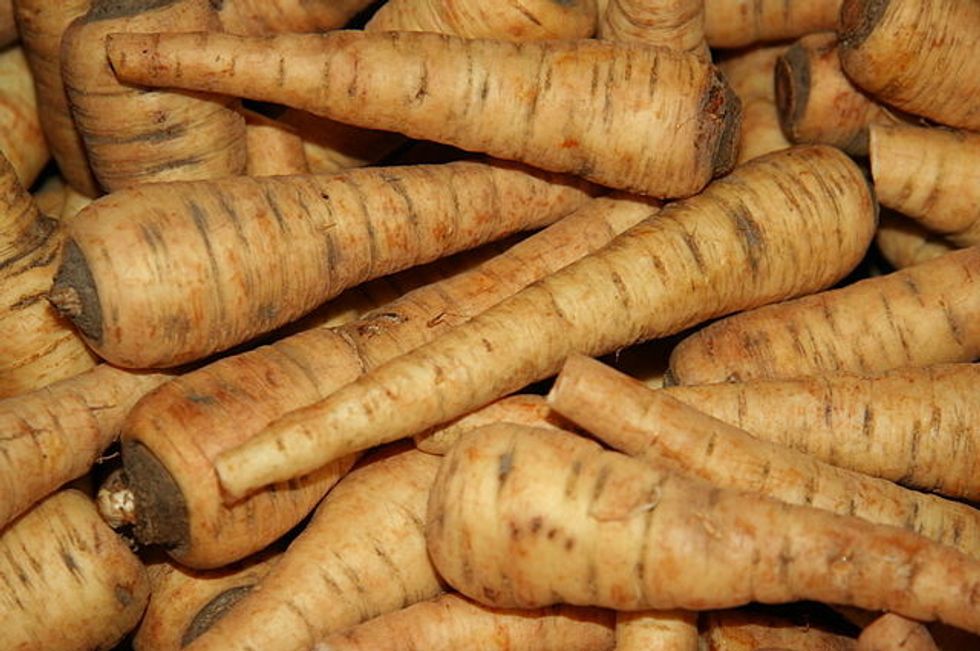
Parsnips are a root vegetable very similar to carrots. Although they don't actually relieve toothaches or tired feet as was once believed, they do provide decent amounts of fiber, folate, potassium, and vitamin C!
19. Pears
Everyone knows it's apple season, but you can't forget about pears! I like pears better than apples if you were curious. Pears are less acidic than apples. They are full of fiber, promoting digestive regularity and making them a natural remedy for diverticulitis and constipation.
20. Potatoes

When it comes to potassium, potatoes have bananas beat! In fact, one medium potato with the skin on it provides 15% of the daily value! They have a high carbohydrate content that promotes optimal sports performance, too! When you think of potatoes think about power!
21. Pumpkin and Pumpkin Seeds
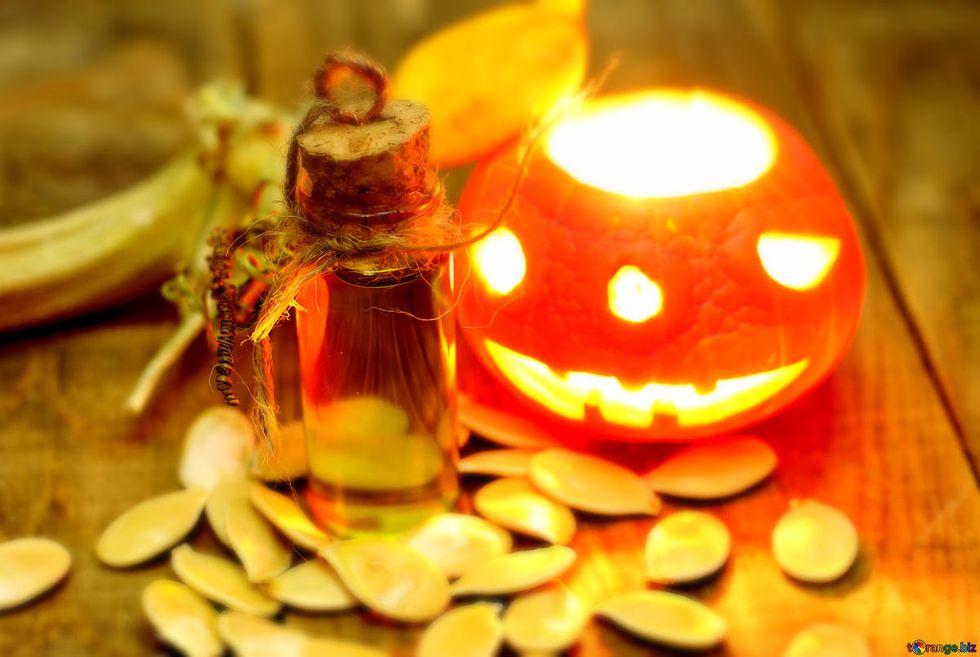
I'm not talking about pumpkin spice, I'm talking about actual pumpkin! Pumpkins are packed with vitamin A, beta-carotene, lutein, and zeaxanthin, which are all known to promote eye health! The potassium, vitamin C, and fiber content of pumpkin promote heart health as well.
But don't forget about the seeds! Pumpkin seeds (also called pepitas) are very high in magnesium, which is essential for bone health. They are also high in iron, zinc, copper, manganese, phosphorus, and vitamin K. They provide 7 grams of protein per serving and make a great addition to oatmeal, yogurt bowls, or trail mixes!
22. Quince
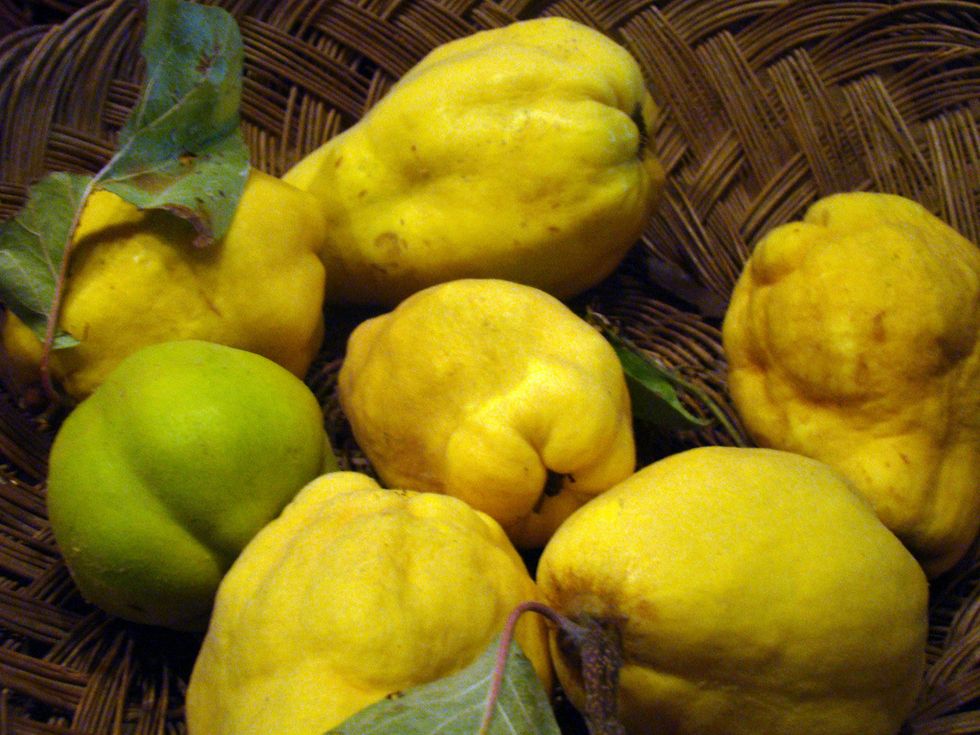
Quince is a strange fruit that kind of resembles a pear. However, it is kind of bitter and sour when eaten raw. It is quite delicious when cooked or made into jam! Similar to a pear, quince is high in fiber and antioxidants. It also has a pretty high vitamin C content, supporting the immune system!
23. Rosemary

Rosemary is an herb and is known for its brain health benefits! Rosemary contains carnosic acid, which is known to protect the brain by fighting off free radicals and prevent brain aging. Its aroma promotes concentration, too!
24. Spinach

Everyone knows that spinach is good for you, but do they know why? Well, to list a few benefits, spinach is high in vitamins and minerals! It is good for the heart, eyes, and bones, providing calcium, vitamin K, nitrates, lutein, vitamin A, and iron.
25. Sweet Potatoes
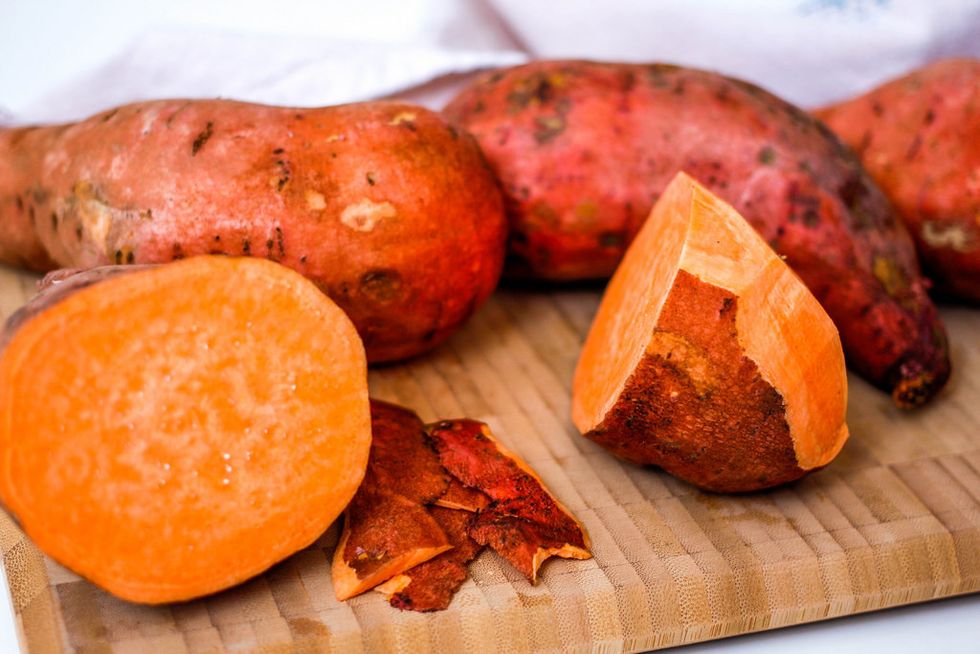
The health benefits of sweet potatoes are pretty Its!
As indicated by the color, sweet potatoes are high in beta-carotene, which gets converted to vitamin A. They also contain calcium, iron, selenium, and vitamins C and B. Similar to regular potatoes, they have a higher concentration of carbohydrates, making them a good energy source for performance!
26. Thyme
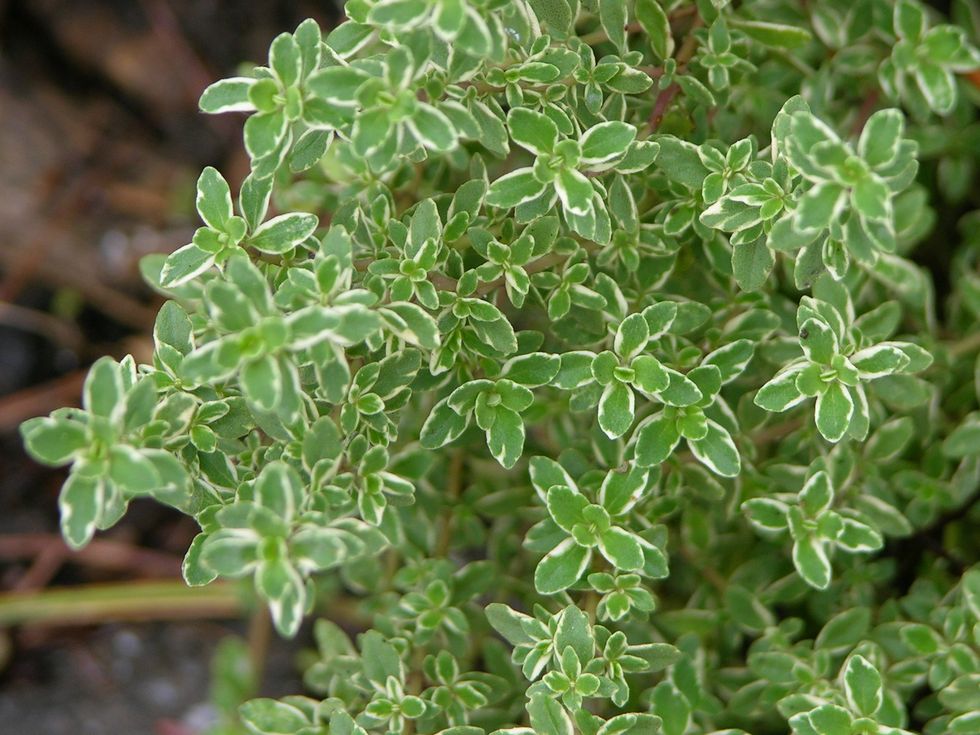
Thyme is another powerful herb. Its most active component, thymol, is known to prevent and fight both fungal and viral infections. Its high level of vitamin C also helps boost the immunity by promoting white blood cell formation. Thyme's anti-inflammatory and expectorant properties make it a natural remedy for respiratory problems from bronchitis, asthma, colds, flu, and seasonal allergies.
27. Turnips

Turnips are another fibrous root vegetable loaded with vitamins and minerals. They contain a compound called sulforaphane, which is known to lower your cancer risk. But don't forget about the greens! Turnip greens are high in calcium, making them good for bone health.
























